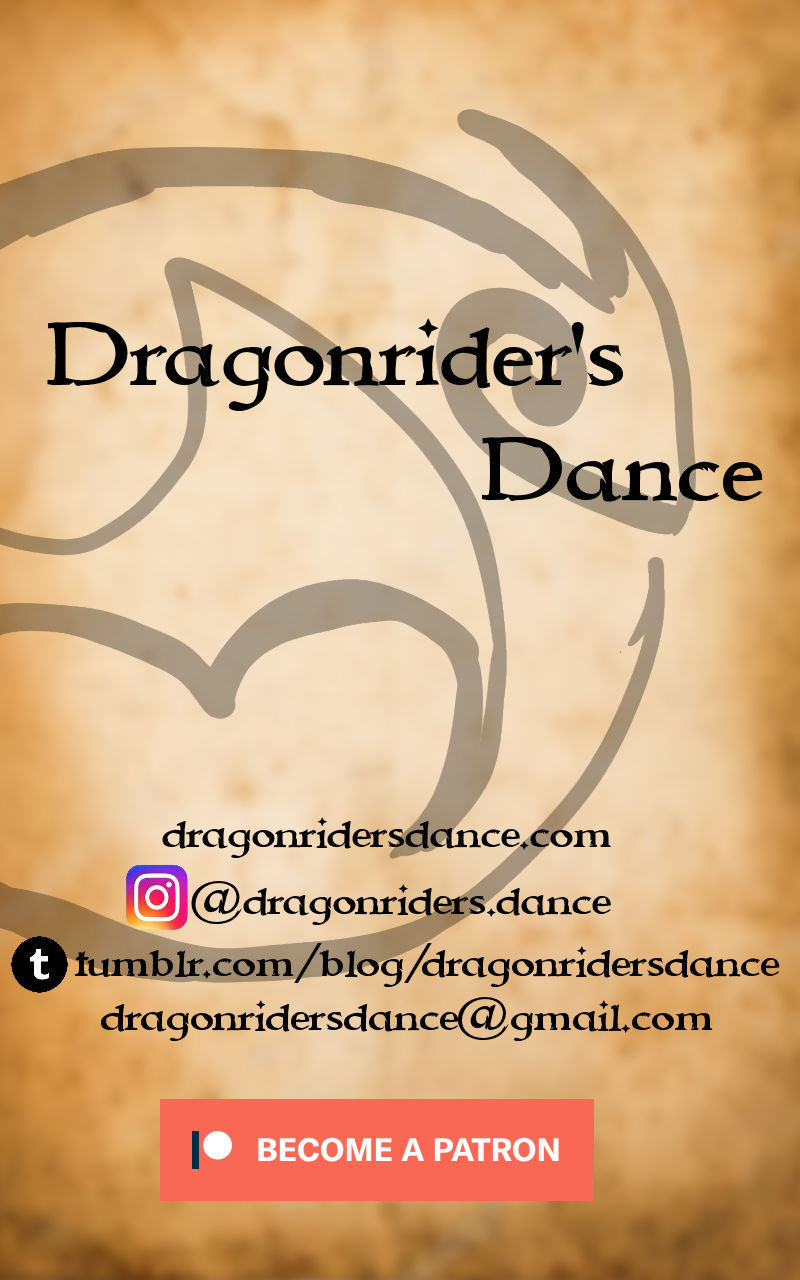Writing Non-Human, Ancient Characters
There was a part of me worried this scene would make Ari unlikeable to many potential readers (lots of you have told me how cute she is and how much you like her so there was part of me that didn't want to risk taking that from you), but after giving it some thought, this was the perfect scene to build on her character. She's a mythical creature in a mortal shape, not the other way around. Part of that is she's a carnivore with a strong hunter instinct.
So, after some realization, I realized that not only was this scene good for Ari's character, but it was also necessary.
I personally like, respect, and trust people a lot more who are not afraid to say their opinions especially when said opinion isn't necessarily accepted by the majority- bonus points if it is accepted by the majority, but they have a different spin on it where you know they believe something that they truly cared enough to think through for themselves. While you may not agree with everything that person says, you know that you can trust them to tell you the truth, I would sooner take advice from someone like that than someone I absolutely agreed with who you could easily pinpoint where they got their ideas from.
And really, what is a character in a fantasy story if not a friend that you're going on this adventure with?
All in all, I'm proud of this week's story. Another thing I thought about that I didn't do on purpose if you have a creature like Ari who's historically known for eating people as well as animals, then you need give them a sense of compassion towards animals if they're the kind of creature that... doesn't eat people. I can imagine there's dragons out there who delight in being superior to all living things that take WAAAAY too much pleasure in the hunt, but I tried to write Ari with a sense of "I like hunting. Animals are tasty. They're better off if I eat them rather than whatever torture Nature has in store."
Something else that's also kind of creeping into the story that wasn't my original intention is this world's version of Nature may more on the malevolent side than what we may be used to here in the real world. Fairies are more similar to demons than the good fairies we grew up with as kids, and there may be something dark deep beneath the earth like a Lovecraftian horror that corrupts all living things (or maybe I need to stop playing Warcraft for a bit). But in any case, I'm trying to think of what would Medieval people have thought about Nature without the safety and scientific knowledge that we have the luxury of today- and did they have a right to be terrified, or have we become too safe and complacent in our modern fortresses that we think the whole outside world is like that?






























2 thoughts on “The Carnivore’s Mercy”
John M
Good points all of them.
Actually I was pretty happy the way her speech came out. I think predators tend to kill pretty fast (easiest that way) but an arrow to the vitals is likely the quickest and therefore least unpleasant way to go. Fun fact: in real life, they actually use sterilized flies to control parasites in the Americas that would otherwise prey on deer and livestock.
(Speaking of hunting for a good reason, here’s a good example of taking out pests that damage other birds. No blood: https://www.youtube.com/watch?v=L58XT_ORjn8 )
Fairy tales are interesting. They definitely had a lot more “scary” stuff than people imagine today, and that was definitely partly because without technology nature is quite dangerous. Many stories also date from the wars of the new Protestants against Catholics in Europe. Ever wonder why there’s always something bad in the forest? It’s at least significantly because the forests would be full of soldiers, often unfriendly.
Some insights on fairy tales by Chesterton:
http://bondwine.com/2013/01/06/fairy-tales-by-g-k-chesterton/
I forget whether it was Chesterton or Tolkien who said that fairy tales with monsters in them are necessary because they show that the monster can be slain. Kids always have fears and imaginary monsters that they are “familiar with” from their own imaginations; good stories show that a hero can take them out.
I have heard the Middle Ages described as a time of danger but illuminated with great light–the light of faith that produced the masterpieces in stained glass and stone.
ashley.t92
Chesterton always makes me happy. There’s a lack of seriousness that he takes with the world that you can’t help but smile. So, thanks for that first of all.
And also, I mean, even without people, the forests are not to messed with. There’s freaking bears, wolves, rocks that slip under your feet and send you careening into a chasm if it rained, it can be very not fun.
I’m glad you liked Ari’s speech too. One of the great challenges of this story is trying to imagine how an intelligent apex predator views the world and how that affects the mortals around her.